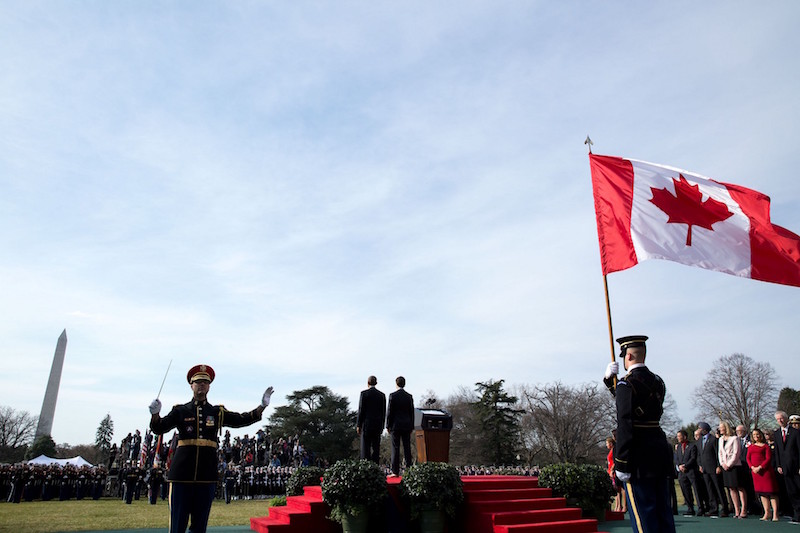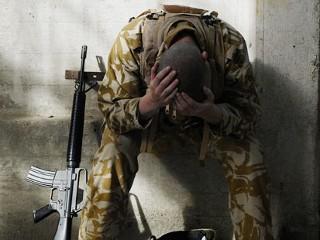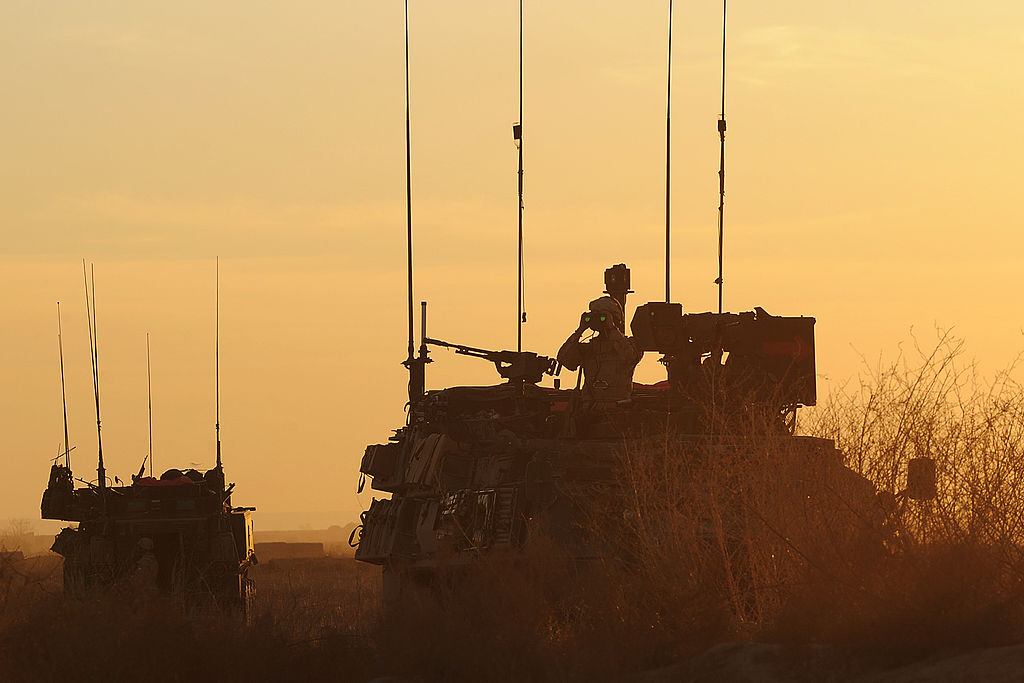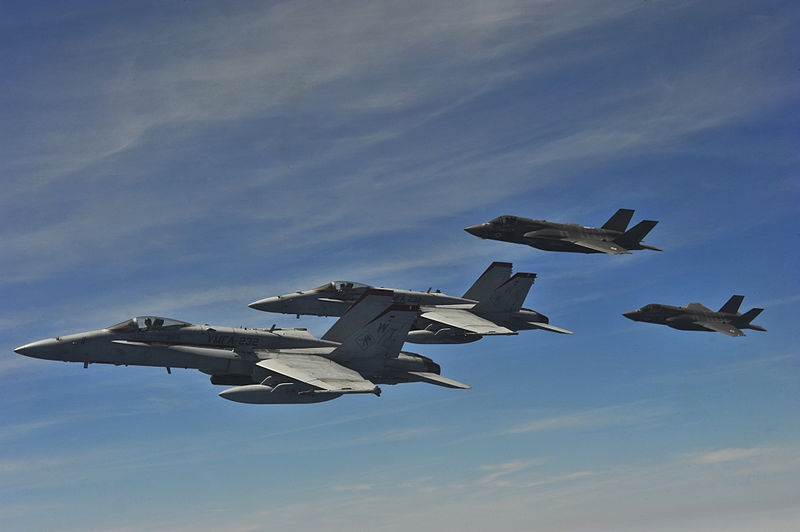President Barack Obama had urged Canada to pay its NATO military budget ahead of the NATO summit in Poland. Obama had stressed the need for his Canadian neighbours to honour The Wales Declaration on the Transatlantic Bond signed by NATO member states in 2014, which set the benchmark for military expenditure to be 2.0% of each nation’s GDP. He praised the high quality of the Canadian Forces and Canada’s global leadership in accepting refugees, embracing diversity and combating climate change, making a case for why “The world needs more Canada.” Justin Trudeau’s close relationship with Obama will most likely lead to Canada accepting the challenge, and rekindling their commitment to NATO.
However, Republican nominee Donald Trump continues to argue that freeloaders in NATO should not be accredited with U.S. support. The NATO budget release issued on July 4, displayed defence expenditures of NATO countries from years 2009 to 2015, with 2016 estimates. It showed that there are only 5 countries that have recently met the 2.0% requirement, including: (a) United States, (b) Greece, (c) United Kingdom, (d) Estonia, and (e) Poland. Although Canada and other NATO members are criticized for not paying their share, all nations except for Poland have consistently decreased their military expenditures. As a collective, NATO Europe spent $282 billion in 2009 and $235 billion in 2015. Likewise, the US has been decreasing their spending significantly from $757 billion in 2009 to $641 billion last year.
The 2016 NATO Budget release also shows Canada trailing behind most NATO members, such as Denmark and Netherlands, with only 0.99%, while the US in comparison is leading the table with 3.61% – that is despite that the US’s spending decreased in the Obama administration. Canada’s annual expenditures in US dollars consistently balances around the $20 billion mark, with last year’s $15 billion expenditure matching nearly the same amount as the US’ annual budget decrease. The amount Canada needs to add to the budget is miniscule compared to its neighbour or other major NATO members.
On April 10, shortly after Trump’s criticism of ‘NATO freeriders’, the Canadian National Defence Minister, Harjit Sajjan, defended Canada’s military budget. Sajjan argued that Canada’s commitment should not be measured merely by the size of its budget but by observing the global impact the Canadian Forces have. Sajjan explained that even with half the required budget, Canada is contributing to a large variety of military operations that directly and indirectly benefit NATO outside of the budget. Defence Analyst David Perry, from the Canadian Global Affairs Institute, disagreed with Sajjan’s. Perry suggests that Canada will be measured by the performance metric it agreed to with NATO and must accomplish that particular element to be considered successful.
In NATO’s budget breakdown, Canada spends nearly half of its annual budget on personnel, which includes military and civilian pay, allowances, and pensions. In addition, Canada focuses 5.68% on infrastructure and military construction, an amount only bettered by Estonia, Latvia, and Luxembourg. Moreover, Canada’s foreign policy budget reveals tremendous global contribution through: (a) $2.65 billion to combat climate change in developing countries, (b) more than $1.6 billion over three years towards security, stabilization humanitarian assistance in Iraq, Syria, Jordan and Lebanon, (c) $678 million over six years in accepting and resettling Syrian refugees, and (d) $100 million towards supporting the United Nations High Commissioner for Refugees.
Furthermore, there will be $84.3 billion, over 30 years, available for the National Defence’s large-scale capital projects and providing an additional $200 million for infrastructure projects to enhance hangars, airfields, naval jetties, armouries, military housing, and upgrading North American Aerospace Defense Command systems (NORAD). Trudeau announced Canada’s most recent pledge during the NATO Warsaw Summit, promising $465 million over three years to be spent in Afghanistan and to send more Canadian trainers to Iraq. The investment in Afghanistan will be divided into $195 million to be spent on security forces, and $270 million for development assistance, promoting women’s rights and meeting basic living standards, while Canadian Forces in Iraq will improve the National Security Forces’ ability in detecting and defusing roadside bombs.
Canada’s global involvement is vivid through these examples. Although Canada’s military budget in the NATO release seems unremarkable, Canada’s leadership to securing peace and order is evident throughout its copious foreign contribution. Trudeau and Minister Sajjan have rightfully argued Canada’s great commitment overseas. Yet, skeptics of their policies will continue to argue that it is not enough, and that Canada’s economic commitment to NATO is mandatory as well. It is important for Canada’s leaders to answer such questions, and finally to indicate what, if any, other commitments should be implemented.
Photo: The President and Prime Minister Trudeau take the stage, via Wikimedia Commons. Public Domain.
Disclaimer: Any views or opinions expressed in articles are solely those of the authors and do not necessarily represent the views of the NATO Association of Canada.




